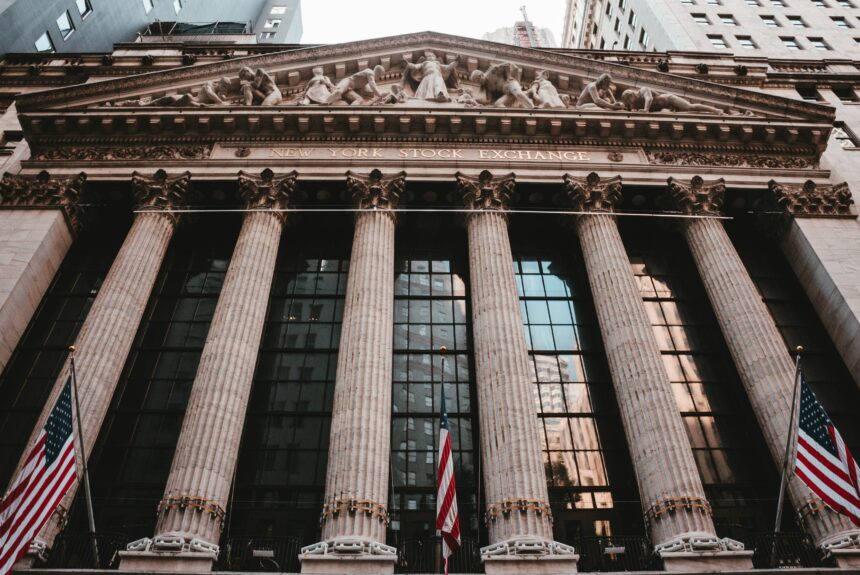The United States has the largest free market economy in the world. However, it’s a variant of the economic system. True, pure capitalism is a free market economy in which private individuals can own and trade goods without government regulation. A free market economy requires multiple aspects to be in place in order to succeed and be productive.
Why a Market Economy Matters
A market economy is a foundational piece of any capitalist economy.
It’s supply and demand. As demand rises in a market economy, prices of goods go up as well – signaling to producers that manufacturing should increase since there’s more profit to be made.
>>>READ: Free Markets Create Cleaner Economies
Unlike communism, which relies on centralized needs that are determined by the government, individuals and corporations can freely make and trade goods as demand rises and falls.
It also makes business with particular companies voluntary, whereas monopolies rule all industries in a communist economy.
Free markets also produce cleaner environments. As our Free Economies are Clean Economies report shows, free economies are almost twice as clean as unfree economies.
Competition
Competition is vital to capitalism. Under a market economy, competition pushes owners to provide goods that are better, faster, and cheaper. The higher the competition, the higher the efforts to work and be different in the industry.
>>>READ: An Economy Improves By Building Markets, Not Imposing Taxes
It also forces companies to maximize their efficiency, producing goods and providing services at higher rates to meet the demands of consumers.
Production
In a communist economy, production and handling of surplus is done by a centralized government. In a capitalist, free market economy, production is controlled by private establishments that use a mix of land, labor and other resources to maximize profit.
When it comes to goods, communist economies distribute surplus to society, which has historically failed due to greed or cronyism. This leaves no additional ways to create profit for the company or owner.
In capitalism, individuals decide what to do with their overflow so they can maximize their profits. This works well in economies with a supply-demand system since companies can continue to sell goods and products when the need remains.
Aspects of a Free Market Economy
There are several tenets to a free-market economy, including private property rights, personal freedom, and free trade.
Private Property
The right and ability to own private property is essential to any free enterprise, open market economy. Owning property incentivizes responsible stewardship of land, which is another reason why free economies are clean economies.
Private property rights also lead to innovation. In fact, strong protections for mineral rights on private property helped launch the fracking revolution which has brought affordable, lower-emitting energy to the globe.
Business Freedom
Having the freedom to conduct business is a critical component to free markets. In socialist or communist countries there are several regulatory steps that entrepreneurs have to navigate before starting a business. In free markets, an individual can start a business with very little regulatory hurdles.
>>>READ: Want to Cut Inflation and Emissions? Cut Tariffs
Being able to easily start a business has led to breakthroughs in artificial intelligence, electric vehicles, and clean energy. It has also allowed the U.S. to become the largest economy in the world.
Accumulation
Profits are a driving force in capitalism. How much someone collects is determined by how much capital is owned.
This can create high drive, providing an incentive to work harder. It also pushes innovation as companies and individuals think creatively to solve issues or separate themselves from the competition.
Overall, it also pushes for goods to be made more efficiently than if a centralized government had control over production.
Regulation Free
As previously stated, capitalism involves the right to private property as a means to grow revenue. While there are different forms of this, free markets are distinct in the fact that government regulation and rule enforcement are limited.
Without true freedom and rights to private property and capital, a free market economy won’t exist.
The views and opinions expressed are those of the author’s and do not necessarily reflect the official policy or position of C3.
